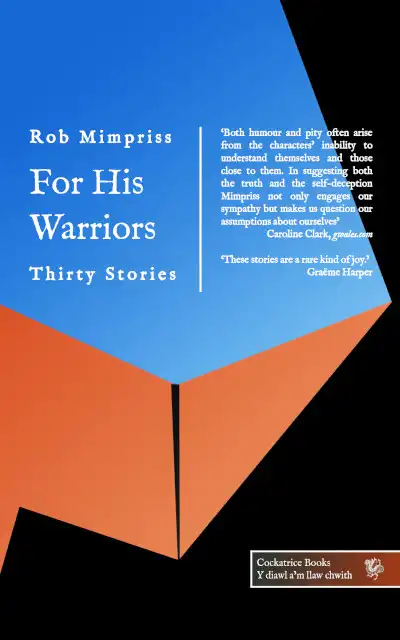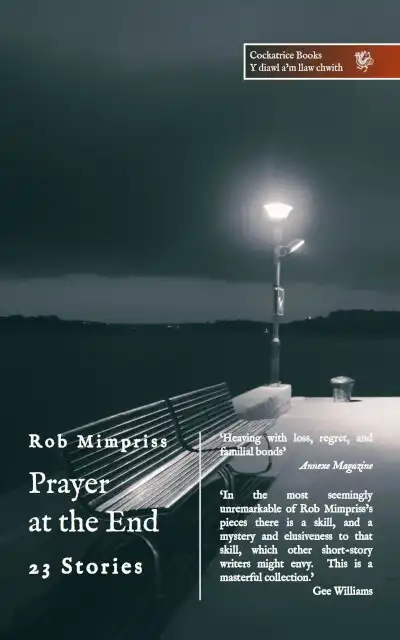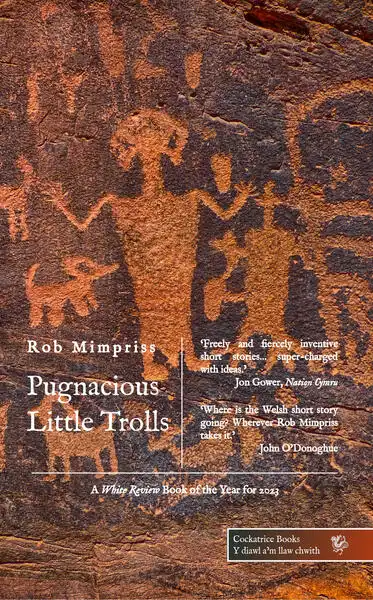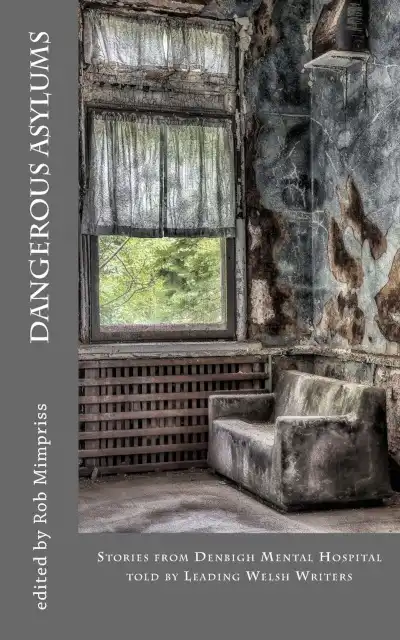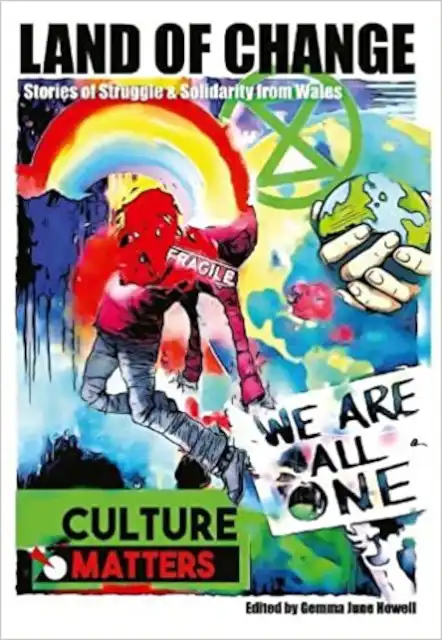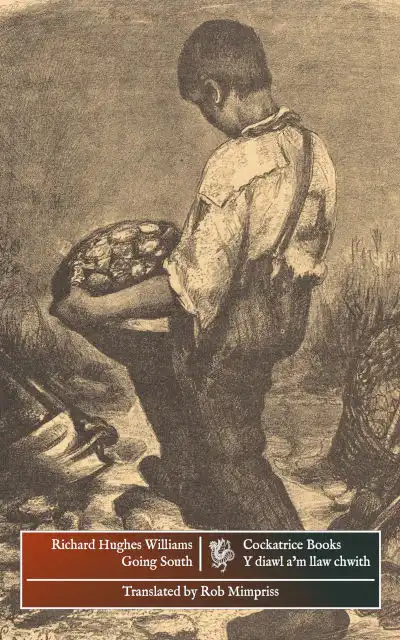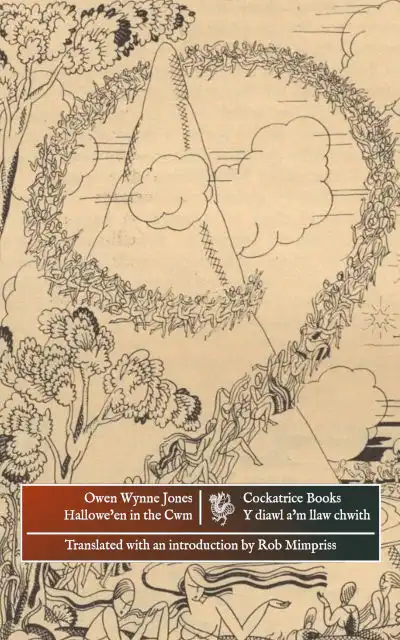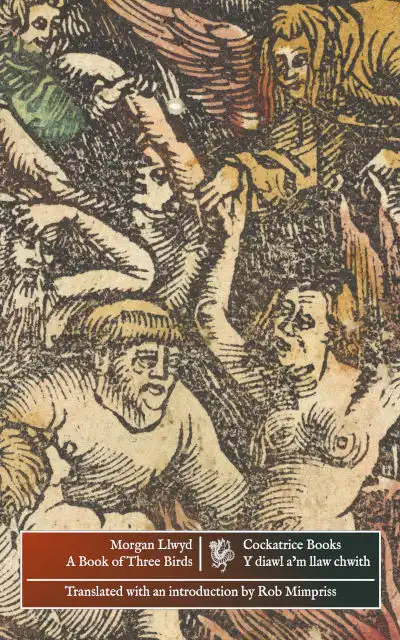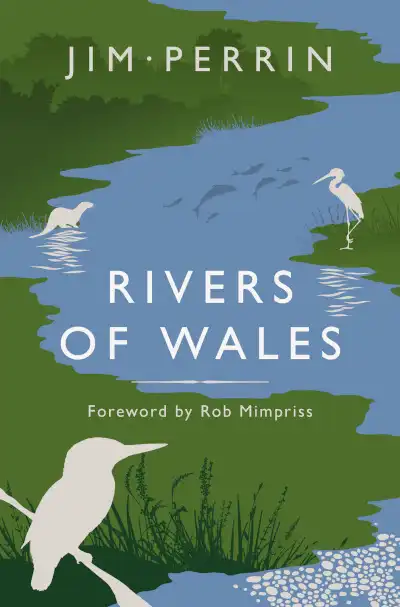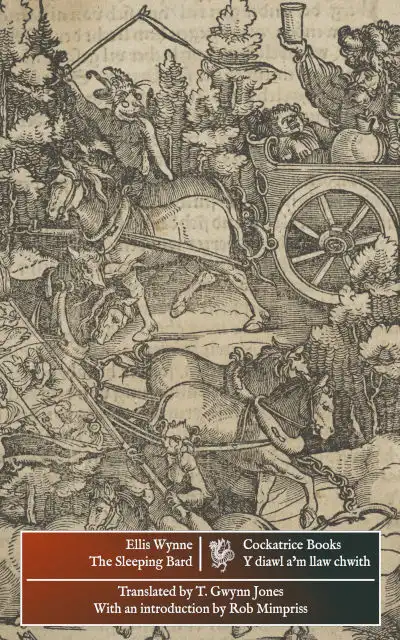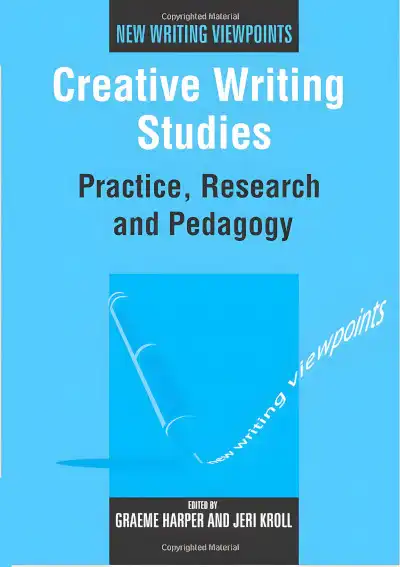It was said of Communist Romania’s hated Foreign Minister, the Russophile and Stalinist Ana Pauker, that she would carry an umbrella in the blazing summmer heat of Bucharest on days when it was raining in Moscow. Sadly, this is a level of cultural self-abnegation from which even our current Secretary of State, David T. C. Davies, falls short.
David Davies set up the no campaign opposing devolution in the 1990s, perhaps because he was aware that the Conservatives had never held a democratic mandate in Wales, and was a leading proponent of Brexit. Despite being tasked by Rishi Sunak with representing Welsh interests to the UK government, he defended its decision to withhold £5bn from Wales in HS2 consequential funding, and has since praised its ‘generosity’ to Wales. Ana Pauker’s loyalty to Russia, where she had been exiled by the Romanian government before the revolution, did her no good. Despite her position as the ‘Iron Lady’ of Romanian politics, and not unlike the ‘Iron Lady’ who inspired David Davies to join the Conservative Party, she fell a victim to Josef Stalin’s antisemitism and to political manoeuvring within her own government, was arrested, tortured, and finally purged from the Communist Party that she had helped found. As Albert Memmi suggests and David Davies probably knows, the position of those whose prosperity depends on the subjugation of their country is far from being a stable one.

